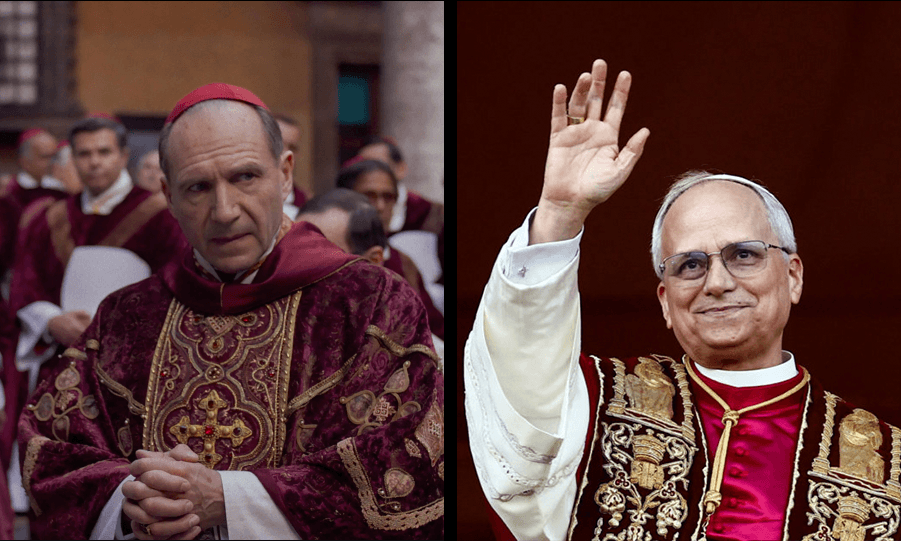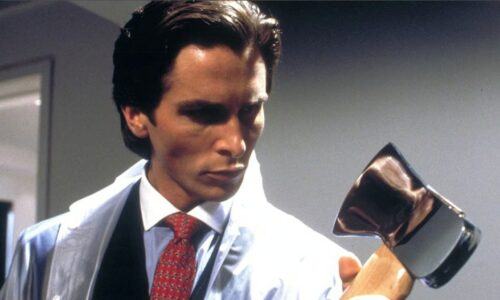By Sam Allen and Birdie Doyle
Right off the back of the feature film Conclave’s (2024) Oscar win for Best Adapted Screenplay, a real-life conclave began right before our eyes.
The Catholic Church has elected its 267th pope, an American cardinal named Robert Prevost, who will now be known as Pope Leo XIV. Over the last few weeks, the world was gripped by the papal conclave.
But this year, the interest in the election of the new pope is different. The Academy Award-winning Conclave gave non-Catholics around the world insight into the process of the papal conclave.
Streaming numbers soared after the death of Pope Francis, according to Luminate, which tracks entertainment data across major platforms. Even the new pope himself watched the film to prepare for the conclave, as reported by NBC News.
The Edward Berger film follows Cardinal Thomas Lawrence (Ralph Fiennes) as he leads the papal conclave following the pope’s death. While the political thriller received mixed reviews from catholic publications, the film undoubtedly had a major impact on the public’s understanding of the papal conclave.
The global response to the film highlights the importance of storytelling through cinema. Movies aren’t just entertainment. They provide insight into differing world views and experiences. As opportunities for communal experiences dwindle, films create an opportunity for exciting discussions.
A new community of people has the space to engage with a culturally significant event that they may not have had previous context for. That kind of social interaction shouldn’t be taken for granted and films are the perfect way to spark those conversations.





 © 2025 Tampa Hillsborough Film and Digital Media Commission
© 2025 Tampa Hillsborough Film and Digital Media Commission